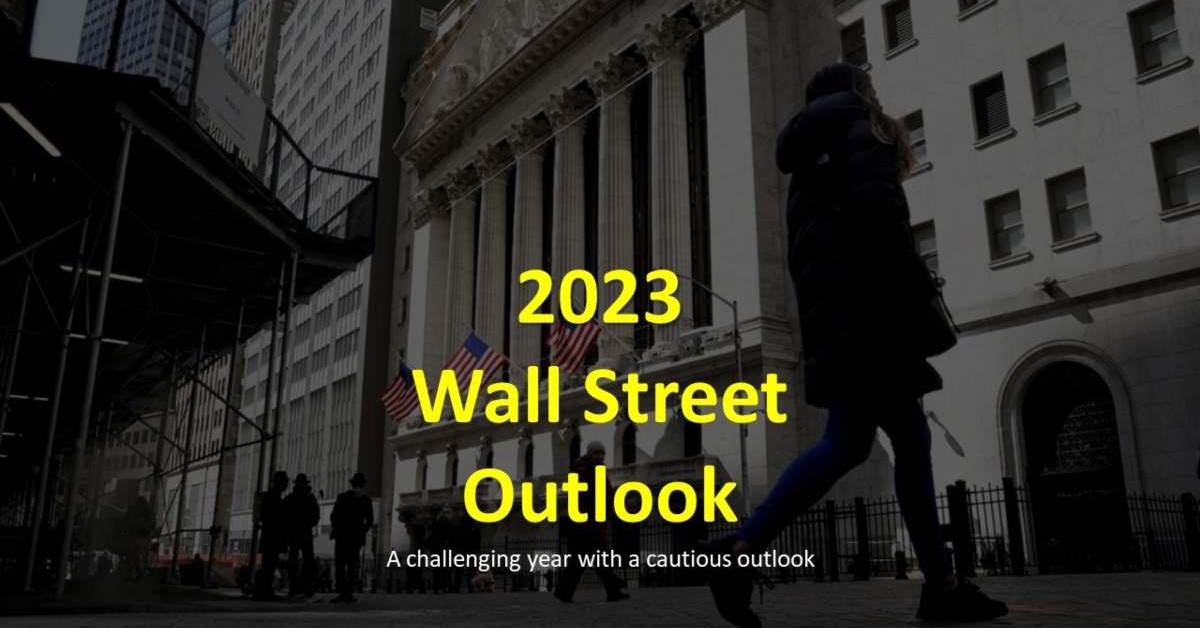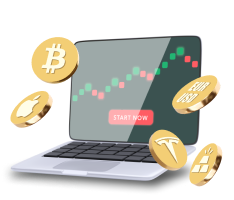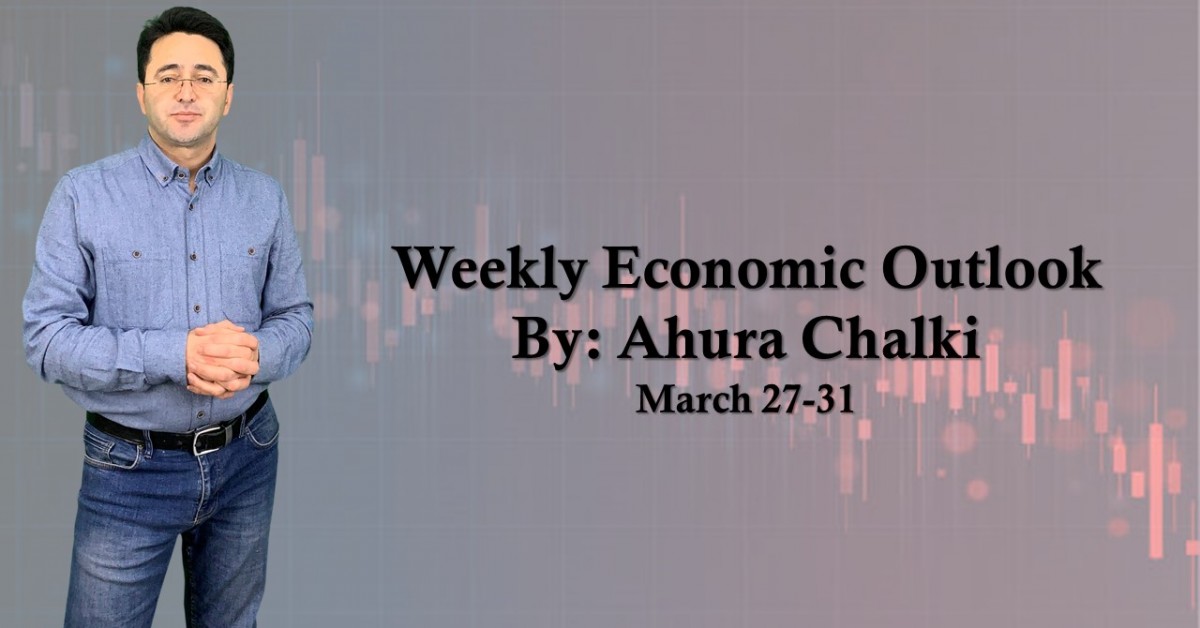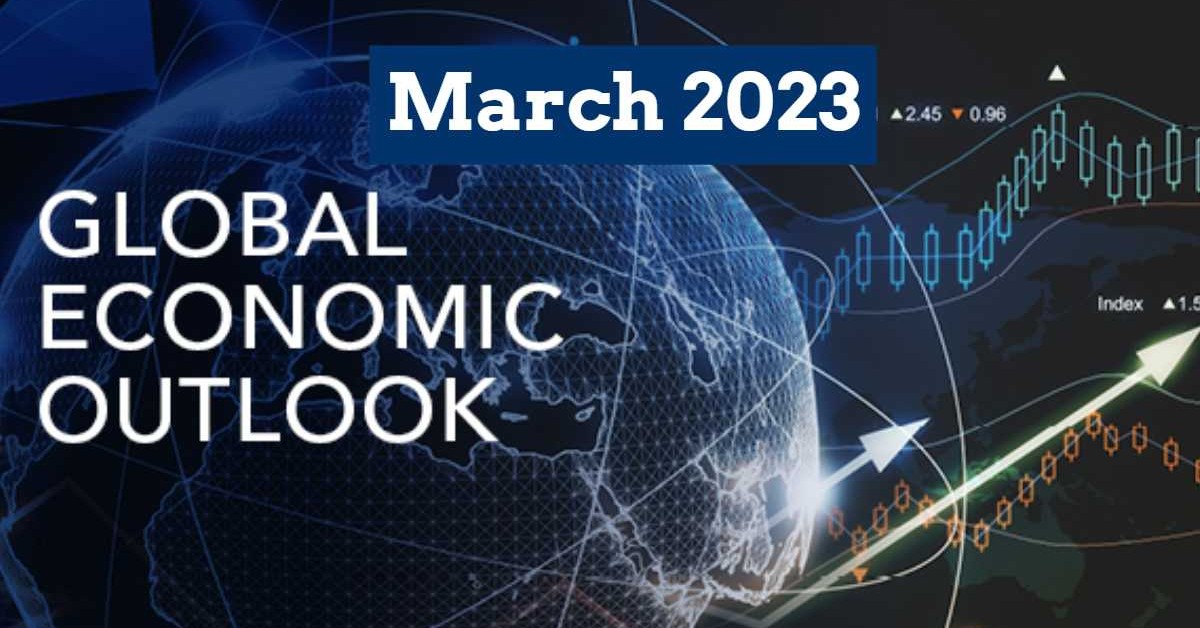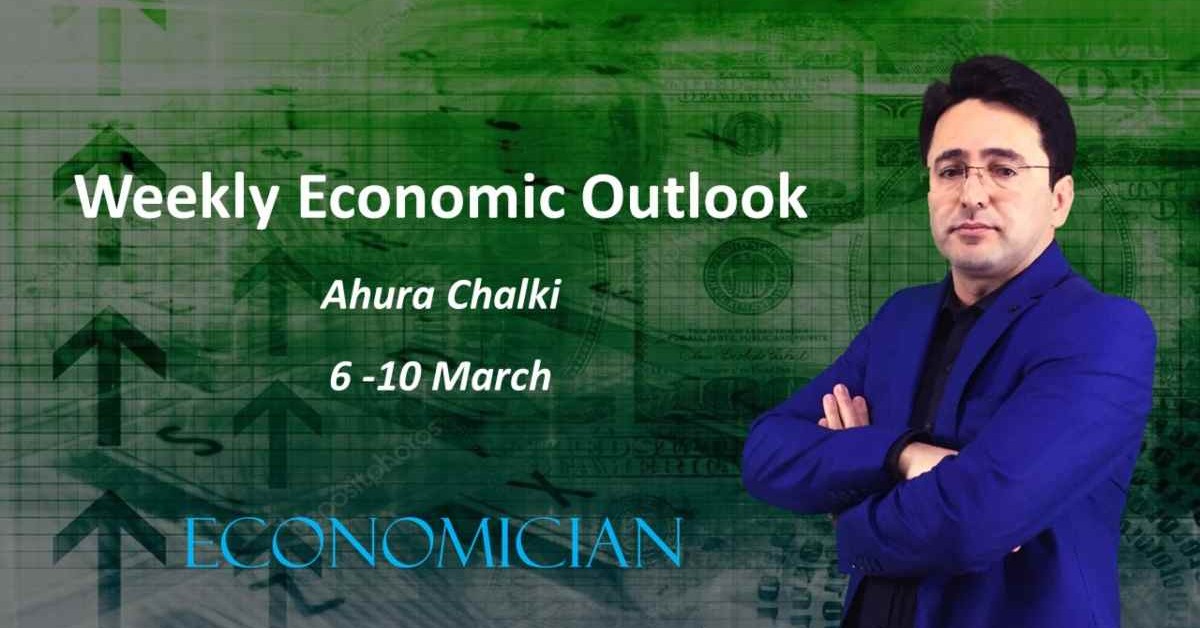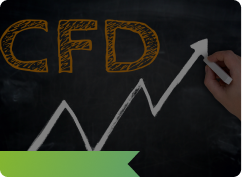A challenging year with a cautious outlook
At the beginning of 2022 and before the Russia-Ukraine war, we had predicted that SP500 could gain between 9%-13%. War changed the expectations, and in revisions, we have been talking about recovery above 3,500 USD. For 2023, while it seems like an opportunity to grow from current low levels, we still have some risks there, and we can see the 2022 lows before any growth. Inflation is still high; despite the recent reduction, it can cause many economic problems. Fed is wrong to think that inflation can fall as quickly as they believe. The 2% central bank's target is still far to reach and needs more effort than it seems. Energy, construction, and food prices will not ease quickly, while house rents, especially in bigger cities, tend to fall slowly as they rise. All that means that inflation is still there, and a soft landing will be the best possible, even though some analysts say we have already passed the recession in the US.
When talking about the US stock markets, we have to watch the global economic condition and trends as well, as the investors are not just US citizens and are from the US. Therefore, even if a recession in the US happens as a soft fall, the situation can be different in other parts of the world, like Europe and emerging economies.
Although things that happened in recent months have raised hopes for growth in the coming year, this constructive growth backdrop is not expected to persist in 2023. Inflation decreased somehow, but since it is still high, we can expect that Fed to raise still the rates, even with smaller digits like 25 bps, but to hold high rates by year-end, which means more expensive credits and more costs for manufacturers and services providers, as they are the most and significant users of bank loans. Remember that the full effect of more expensive money is determined in the long run.
On the other hand, reports show that consumers have already used their savings from lockdowns, and with higher expenses after Covid and current inflation rates, this is the year they can face problems. Tightening Fed policies also can make the conditions much harder for employers and producers, which means increasing layoffs and a slower pace of hiring. With the labor market contracting and the unemployment rate rising to around 5.25% in the first half of this year, we can see the 2022 lows before any recovery.
Wall Street's leading indices had their worst year and the most significant decline since the 2008 financial crisis. Among them, NASDAQ had the worst performance with a 33% loss, SP500 lost 19.5%, and Dow Jones Industrial Average, with just 8.8%, experienced the most negligible loss.
For 2023 and considering mentioned conditions, the overall expectation is about 11%-13% gain for SP500, which is still higher than the 10-year average annual net profit margin of 10.3%. However, still, downward revisions are possible, if not likely. If the Fed holds higher rates for longer, NASDAQ stocks can still face more downward pressure before rising. At the end of the year, NASDAQ can close about 8% higher, and Dow Jones Industrial Average can gain about 15% from the levels at which it started the year.
